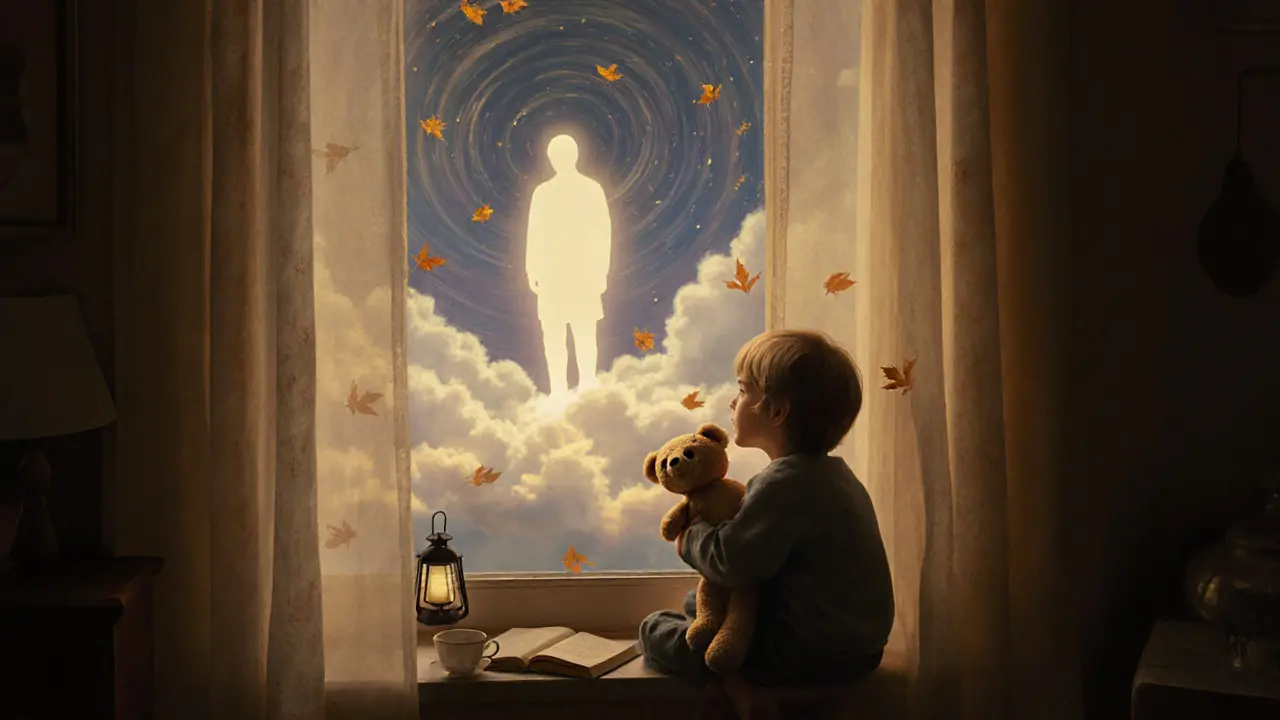Ztráta blízké osoby: Jak přežít smrt a najít cestu zpět k sobě
When you lose someone close, it’s not just grief—it’s a world that stops. ztráta blízké osoby, prožívá se jako náhlé ztracení základu, na kterém jste stáli. Also known as smrt blízkého, it doesn’t just hurt—it rewires how you see time, safety, and even your own future. This isn’t something you "get over." It’s something you learn to carry.
Many people think grief is a phase you pass through. But in reality, it’s a new way of being. You don’t stop missing them—you learn to live with the absence. žalování, je přirozená, ale nečekaně komplikovaná reakce na ztrátu. It shows up in silence, in anger, in sleepless nights, in avoiding their favorite café. And it’s different for everyone: some cry every day, others feel numb for months. Neither is wrong. What matters is that you don’t have to do it alone. Therapy isn’t about fixing grief—it’s about holding space for it.
When someone dies, the pain isn’t just emotional. It’s physical. You feel heavy. Your chest aches. You forget to eat. You lose interest in things you once loved. životní krize, je často přirozeným důsledkem hluboké ztráty. It’s when your old routines no longer make sense, when the future feels empty, and when even small decisions feel impossible. That’s normal. That’s human. And it’s why so many people in Prague turn to therapy—not to erase the pain, but to stop fighting it.
You might wonder: "Will I ever feel like myself again?" The answer isn’t yes or no. You won’t be the same person. But you can become someone who carries love, not just loss. You’ll learn to talk about them without breaking down. You’ll find moments of peace. You’ll remember them with a smile, not just tears.
What you’ll find in these articles isn’t a step-by-step guide to "getting better." It’s real stories, practical advice, and insights from therapists who’ve walked with people through the darkest hours. You’ll read about how trauma from loss can shape your mind, how to handle anniversaries, why some people get stuck in grief, and how therapy helps—not by making you forget, but by helping you remember differently.
